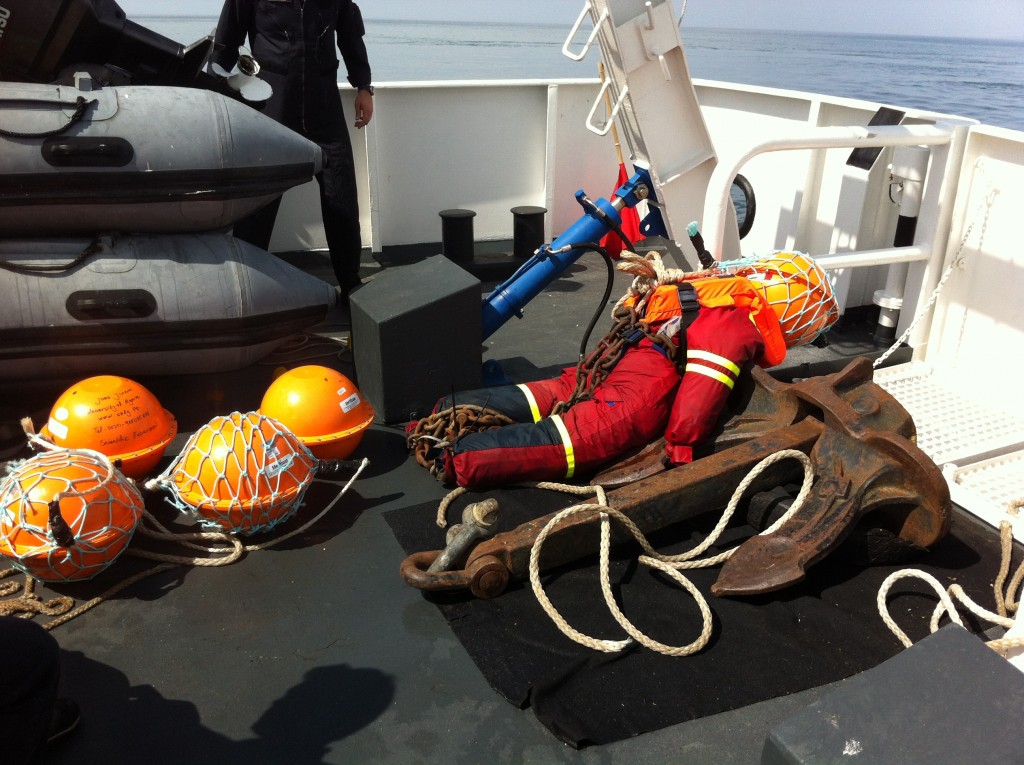 The University of Algarve is a partner of the AtlantOS project, one of the largest and most ambitious European marine research projects in recent decades. AtlantOS was presented last week in Brussels and has 62 partners from 18 countries, one of them being UAlg.
The University of Algarve is a partner of the AtlantOS project, one of the largest and most ambitious European marine research projects in recent decades. AtlantOS was presented last week in Brussels and has 62 partners from 18 countries, one of them being UAlg.
The project aims to “define the general structure of the new European ocean observation system, developing observations in-situ and forecasting systems for better management and sustainable exploitation of marine resources”.
The European Union funds AtlantOS as part of the framework program “Horizon 2020”, with around 20 million euros, over a period of four years. The project is coordinated by the Geomar Helmholtz Center for Research Ocean Kiel.
This first meeting was attended by Sigi Gruber, director of DG Research and Innovation, European Commission, Belgium, and Ricardo Serrão Santos, Member of the European Parliament and member of the Fisheries Committee. According to Sigi Gruber, AtlantOS is a “flagship” project in the universe of H2020, with record funding in the sea area, embodying Galaway's declaration by including countries such as the USA, Canada, Brazil, Argentina and South Africa.
According to UAlg, the initiative «has as partners universities, companies and institutes, which represent what is best done worldwide in ocean observation and forecasting».
As far as the University of Algarve is concerned, its participation is focused on the demonstration of end products for users, taking into account the component of hydrocarbon spills.
In this context, researchers from the UAlg Marine and Environmental Research Center (CIMA) «will develop systems for forecasting and dynamic risk maps of hydrocarbon spills, crossing hydrodynamic simulations with ship routes, using available European data for this purpose. for the entire Atlantic. This concept will be applied to the entire ocean, in a demonstration perspective. The Algarve coast will receive special treatment as there is already a lot of groundwork developed by the team for this region», explains the University of Algarve.
According to Flávio Martins, professor and researcher responsible for coordinating this project at UAlg, «the final results of AtlantOS go far beyond local issues. However, the benefits are guaranteed by the fact that we have a team from UAlg in the project that will transfer knowledge to the region».
At the same time, the same research team is developing a maritime forecasting system for the Algarve coast (SOMA), with valences not only in predicting the risk of hydrocarbon spills, but also in other applications for the local economy such as aquaculture, fisheries, nautical tourism, ecotourism, or the environment.


















Comments